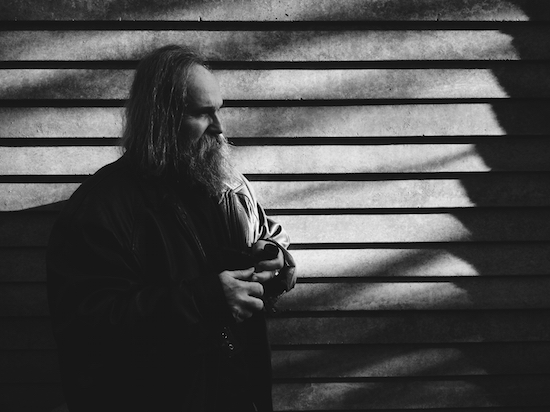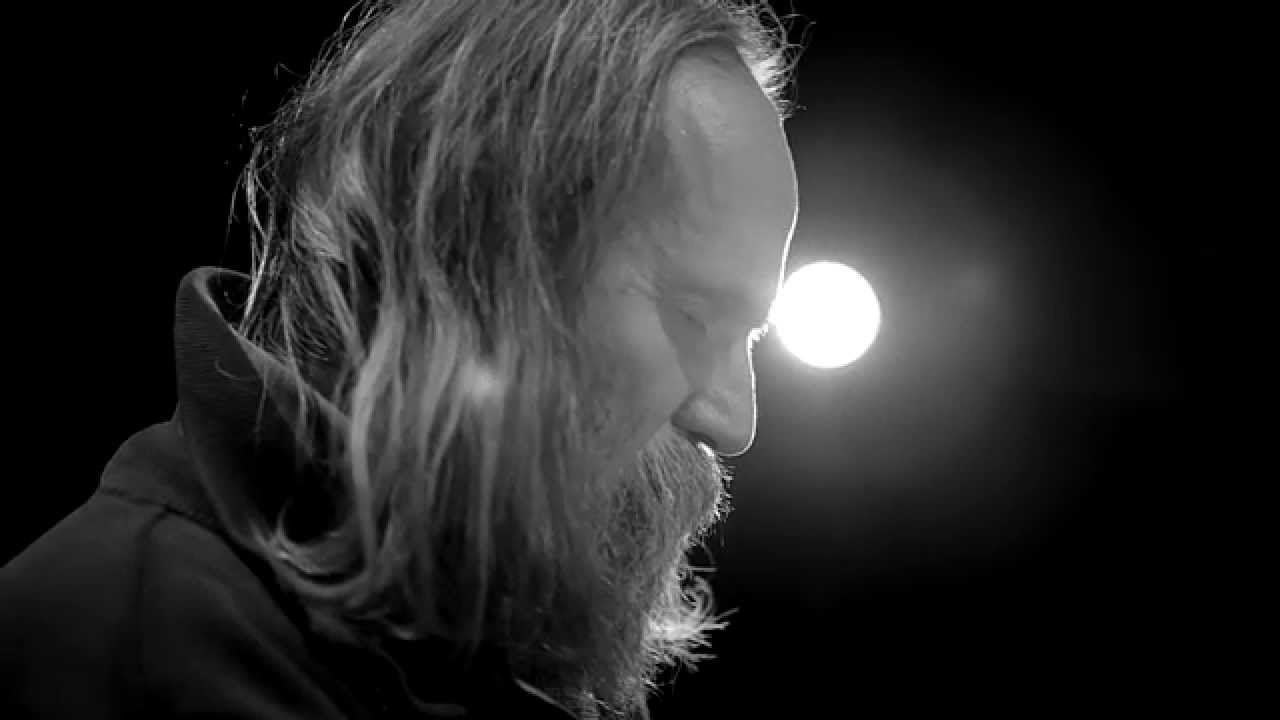Photograph courtesy of Alex Kozobolis
Lubomyr Melnyk, the German-born Ukrainian composer, is known for his creations of ‘continuous music’: extensive explorations of piano notes played rapidly in complex series. It’s a technique that has taken years to perfect – Melnyk plays up to 19.5 notes a second – fabricating what he calls "tapestries of sound", frequently beautiful sonic realms formed out of an unbroken stream of notes and transcendent ornamentation. We talked to Melnyk before he played Paris on his world tour, which takes in a set on the Quietus’ stage at The Great Escape in Brighton tomorrow, discussing ‘continuous music’ and why churches are the best venues in which to hear his music.
Can you describe and explain the term ‘continuous music’ for those who may be new to this creative form?
LM: Ahh… I can do a poor job.
I’m sure that’s not true…
LM: No really! It’s because there’s so much to say about it. But let’s see… basically it’s a whole new world of sound from the piano. And although it’s based on classical technique, it has developed far beyond the classical piano technique. It’s the classical technique advanced into a constant river of sounds. This river of sound is often melodic but it has many faces. There are many characters in the river.
What drove you towards experimenting with this kind of form?
LM: It actually started here in in Paris. The scene inspired me. It started as a small initial interest in continuous music and what people call minimalism. It made entry on the world in approximately 1970. And that was my inspiration. But I was dissatisfied with the need for many musicians to do something to make a complex sound. I was inspired also by Eastern music… musicians from India, who do extremely complex things. I hoped that if a sitar player can do what they do, a pianist could do that too. So that’s where it started, you know, wanting to make something more complex. I wanted to do something that is beyond the ordinary as a musician and something very, very difficult. But I wanted to make something very difficult into something very easy.
How would you say your classical training has influenced your exploration of continuous music?
LM: It requires some base in classical piano, so that the fingers and the mind can control the keyboard and relate to the keyboard in a certain way; that is solely a classical way. That relationship is the start and then continuous music goes beyond that, you know, into a different direction. But you have to start somewhere and the piano is an extremely difficult instrument to learn!
Continuous music feels like it has a very emotive, transportive quality. Where would you say your music takes your listener?
LM: Well, oh boy… that is a very good question! But you see, it can only be answered if somebody is able to define that dimension. And I don’t think we can define that dimension, though we all know it. For those who understand and who experience ambient music, that flow with it… It’s like you’ve stepped into a river and that you’re moving… You’re floating in this beautiful cloud or watery realm, and yet you’re not moving anywhere. You’re staying. And you’re not really moving. But there is this peaceful and very deep motion that’s happening inside your soul, inside your mind, inside… your whole being! Sort of filled with this beautiful light from this ambient music and it’s something really really nice, and I love it. And when you say this dimension, the audience and me I think we go into something similar. Every person experiences something individually, but yet we can relate to each other’s experience.
How do you feel the kind of music you produce sits in an ever-advancing world of music technology?
LM: I think acoustic music is the most important music. I think the pure acoustic sound is most beautiful. And I would like people more and more to use acoustic instruments in their sound creation. There are things that acoustic instruments don’t really do the same way as electronics do. I find that if things are only electronic that they are very detached, like there’s a need for something, like something’s wrong. If you have electronic sounds and you have acoustic mixed in with it, [it] makes a beautiful blend. I’m very happy to see that a lot of the ambient musicians, who are doing music now, do very often include acoustic instruments in there.
When performing live, how much of your music is planned or following prepared pieces?
LM: Well… each piece has themes and certain parts and sections that are there every time you do it and then there’s room for the musician to take off from that and develop it a bit. But not too much, because then you’re turning the piece into something else. But of course I never do the piece as exactly the same notes – you know we’re talking about a lot of notes! I mean for someone listening to it, even me listening to it in a very casual way, you would be able to say each time that it’s exactly the same. And yet I mean, of course there is going to be something somewhere [that is different], but there’s a small portion of freedom. You have to walk from this spot A to that spot B and it’s sort of a straight line but not completely straight, you sort of jiggle around a little bit.
What can we expect to hear at your Great Escape set? Are you looking forward to it?
LM: Yes, yes very much. I’ve never been to Brighton before. I’m not quite sure exactly what pieces I’m going to do. I used to do one sort of piece, that I don’t do somewhere else, and then do one or two that I’ve done somewhere else. It’s difficult to know because very often the audience is full of new people who haven’t heard the other concerts. So I don’t feel I have to change all the pieces for each show. We will see if I keep coming back, which I hope to, I’ll have to keep bringing new music. And that’s always nice too.
You’ve mentioned that you like playing in churches, and you’re playing St. George’s in Brighton. Is it the serene setting of a church that appeals?
LM: Yeah, I find the serenity of churches is an important element to experiencing my music. I think that’s one of the main things about churches, its not just the acoustics, it’s the serenity and the sort of contemplative character, you know of the stage. And it’s also important that they’re large. It’s very important for the soul, that with ambient music, you want to fly. You can’t be in a small room.
Evertina is out now on Erased Tapes Records. Lubomyr Melnyk plays St. George’s Church in Brighton as part of the Great Escape festival tomorrow, May 15



